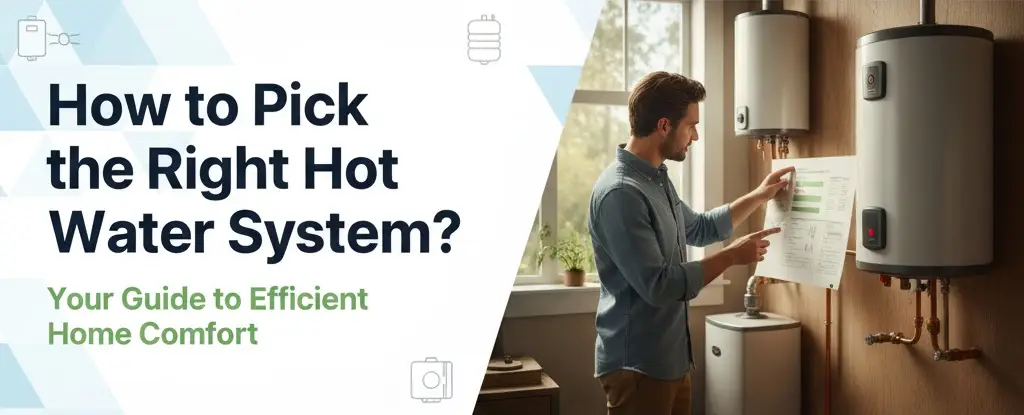
You don’t really think about your hot water system until it stops. Then suddenly everyone’s talking about it. The shower […]
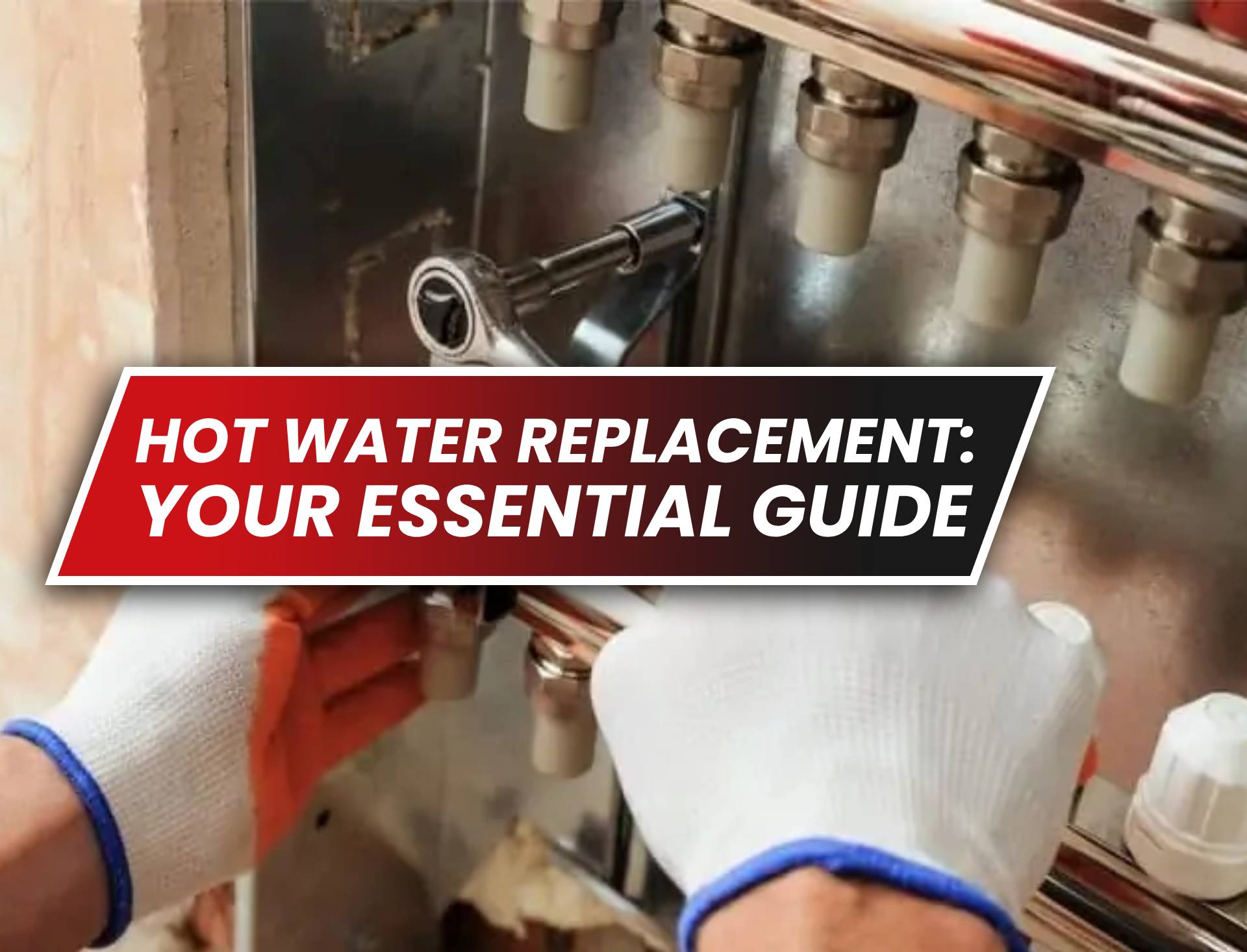
In the era where hot water has become a norm in many activities at home, Sydney is not left behind.
To meet this daily need for comfort, having a reliable hot water system is important for everyday tasks like showering, doing laundry, and washing dishes.
Additionally, in Sydney, temperatures vary throughout the year.
This means only one thing: access to a reliable hot water system is essential.
With modern systems, such as heat pumps and solar hot water units, homeowners are not only provided with consistent hot water but also reduce environmental impact by using renewable energy sources.
With government incentives available, upgrading to a new hot water system has become so affordable.
Switching to a modern and energy-efficient system allows you to enjoy hot water all the time and save money on bills.
Our guide covers the costs, the benefits, and the top options for getting a new hot water system in Sydney.
Take advantage of massive subsidies and get a high-performance heat pump hot water system supplied and installed at a fraction of the cost. Government rebates available! Contact Now.
Hot water systems are units or devices that provide hot water for daily use in the bathroom, kitchen, and other areas, such as dispensers.
There are different types of hot water systems, each using different technology to operate:
As you can tell by their name, these systems use electrical energy to heat water through resistance heating elements.
They are widely used in Australia, where they account for around 50% of the country’s water heating needs.
They are available either as part of a storage system, where hot water is stored in tanks, or as instantaneous units, where hot water is available on demand.
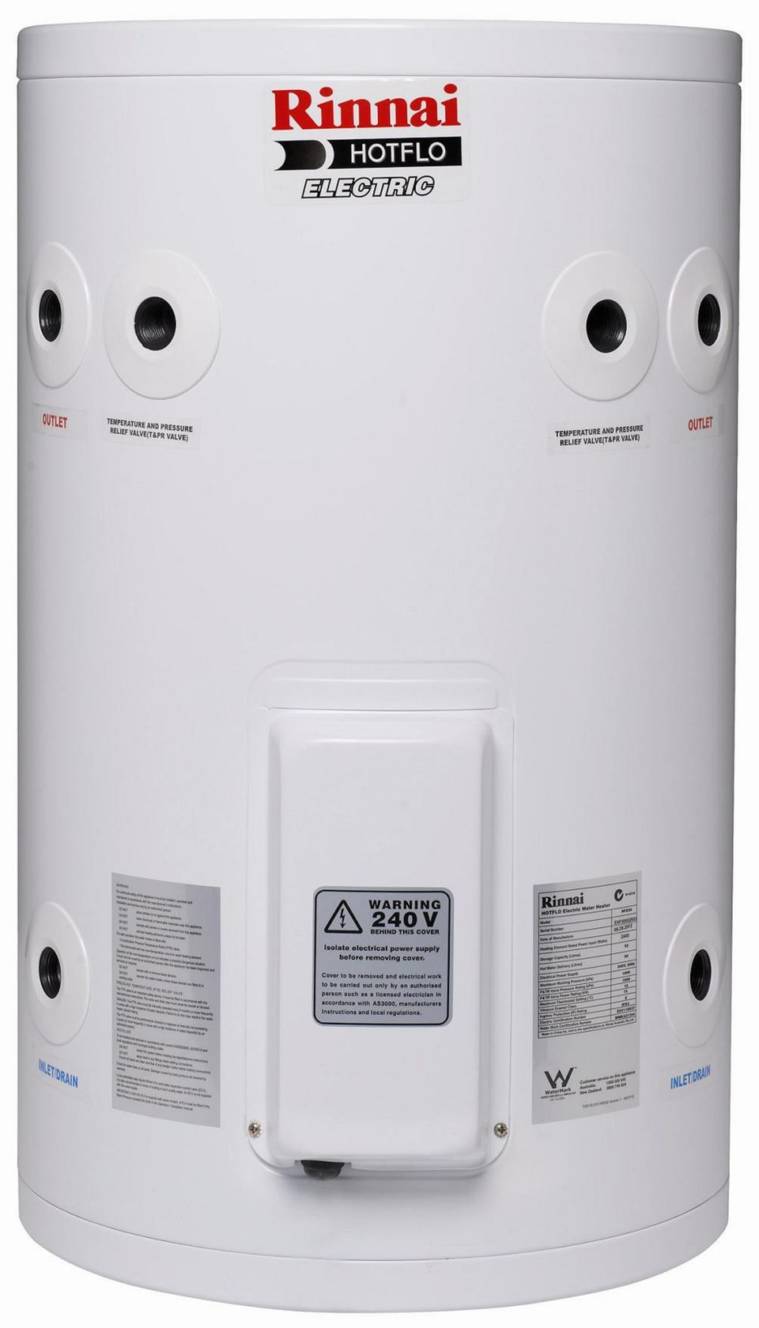
These are water heating systems that burn natural gas or LPG to heat water. In Australia, 40% of households use such systems.
They also come either as storage or instantaneous systems. Although better than their electric counterparts, their downside is their fossil fuel emissions into the atmosphere.
Solar water heaters are systems that capture energy from sunlight and use it to generate heat that is transferred to the water.
Their advantages are that they’re usually environmentally friendly and can pay back the initial investment in a short time.
Heat pumps are the latest water heating systems that extract heat from the air or the ground, and use it to heat water.
They are highly efficient, especially in moderate climates where they can cut energy consumption by more than 75%. Energy savings can even reach 90% if they’re combined with solar panels.
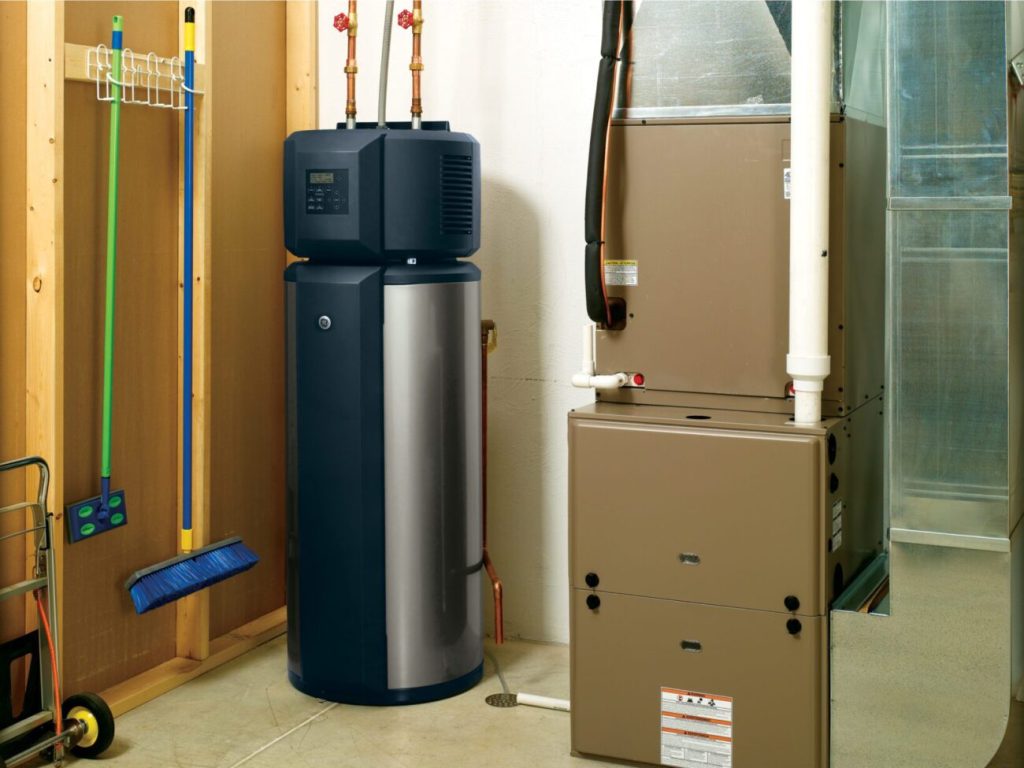
Upgrade your home’s hot water system with a Heat Pump – the smart, energy-efficient way to enjoy endless hot water! 💧⚡ Save on energy bills, reduce your carbon footprint, and never run out of hot water again. 🌍💚 Get a free quote now
You need to do a hot water system replacement when you identify the following early signs of an outdated hot water system. This can help avoid expensive repairs and potential water damage.
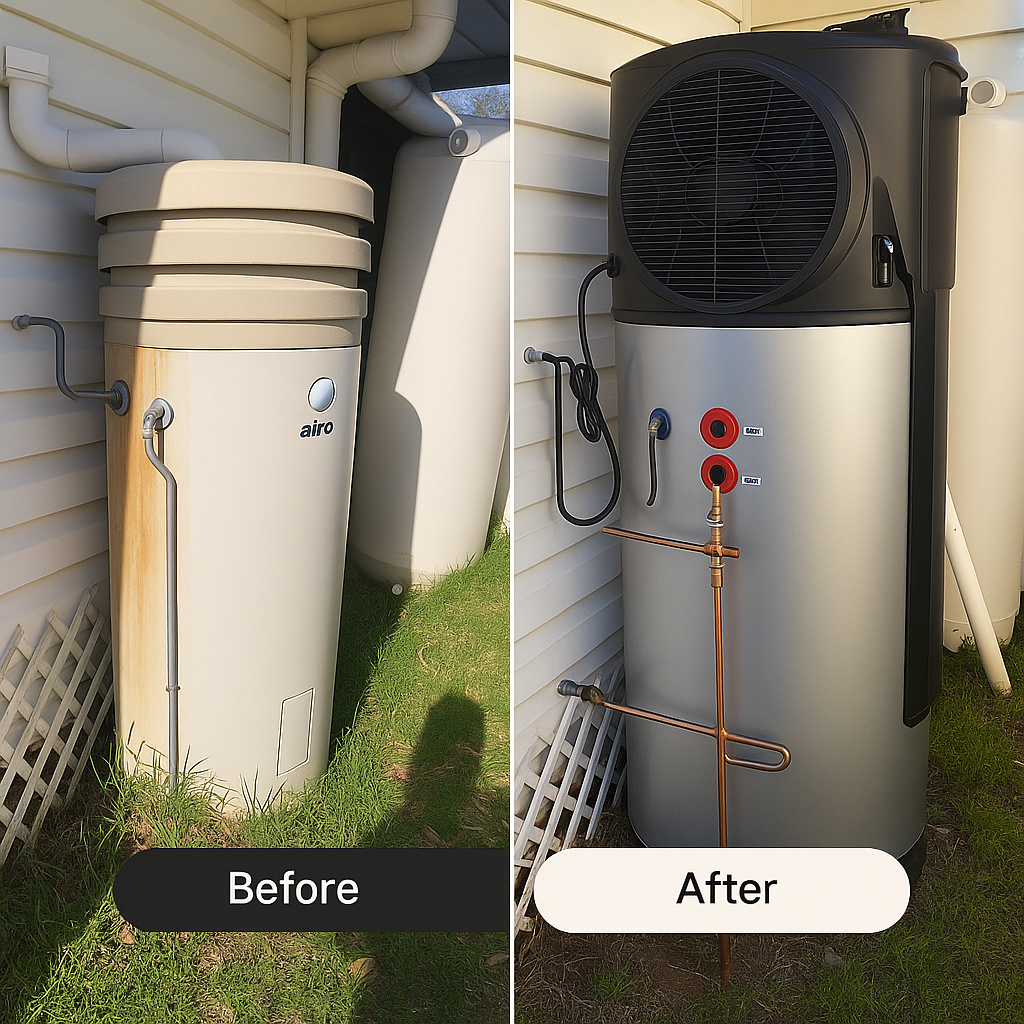
Rising energy bills: Older systems tend to consume higher amounts of energy. Rising utility costs might mean your hot water system is becoming inefficient.
Leaking tank: If you spot corrosion or leaks around the tank, it’s an indication that the system is nearing expiry. Further effects of these leaks are the growth of mould and contamination, which require replacement of the hot water heater.
Lack of Hot Water: If you find that your hot water is running out far too quickly or the water heating is becoming unsatisfactory, that should be an early signal for inefficiency or possible failure.
Rusty Water: When the hot water from your tap looks rusty or any other colour rather than clear, it could indicate that your tank’s interior is rusting, which could lead to leaks.
Unusual Noise: Knocking, popping, or hissing sounds are evident signs of the collection of sediments or other agitations in the internal parts of the system that likely need to be replaced or changed.
Need for frequent repairs: A frequent need for repairs will start to get costly. Consider replacing the entire system if you find yourself continually needing repairs.
Inconsistent heating: Rapid changes in hot water temperature or the water cutting off prematurely suggest that something is wrong with your system. This can occur when the thermostat or the tank is nearing the end of its lifespan.
Age of the System: According to experts, any type of hot water system typically lasts for 10 to 15 years. So, replacing any system past this age is a wise move.
When houses use old water systems, more energy is wasted, and this can lead to higher electricity and gas expenses. If you install a modern heat pump or a solar system, your monthly energy bills will fall, and you will use less energy.
Choosing the right hot water system requires you to consider your unique needs. You will need to think of aspects like:
Energy Star Ratings: A higher Energy Star rating indicates that the system will save more power, so such systems are recommended.
Long-term Cost Savings: Before settling on a cheap water heater, think about what it will do to your utility bills over time. A higher-quality system will be costly upfront but cheaper on the long-term.
Household Size: Is your family large or small? Larger families need more water, so they should opt for larger systems and vice versa.
Water Usage Patterns: Understand how your family uses hot water. For instance, if there are peak times in the day when several showers or appliances may run simultaneously, you may require a system that is able to cater to this demand.
Carbon Footprint: Consider the environmental impact of your hot water choice. Fuel-dependent systems will tend to have a heavier carbon footprint compared to renewable alternatives.
Renewable Energy Options: Be environmentally conscious and look for systems using renewable energy. For example, heat pumps and solar-powered systems will lower your emissions and may qualify you for government rebates.
By opting for a heat pump system, the level of carbon you produce will be considerably lower.
They use the air and its heat to warm the water in the tank. If you use renewable energy for your hot water system, it will help reduce greenhouse gases in your home
Improved Energy Efficiency: Newer systems such as heat pumps and solar models, are more energy efficient than traditional water heaters.
Using heat pumps instead of electric water heaters can reduce energy use by 3-4 times, making them very attractive for homeowners looking to save on energy costs.
Saving Money: Switching to an energy-efficient system may reduce your energy use and possibly let you save on your monthly utility costs.
Sydney homeowners who set up a heat pump system could expect to pay considerably less than $2,200 annually on their energy bill.
Reduced Maintenance: Devices are better able to perform reliably and with utmost efficiency because of the upgraded technology.
Systems used today are made to maintain performance and require less maintenance. It is simple to keep these systems running for years thanks to advanced technology and the warranty program.
Enjoy Rebates: The better part for households in Sydney is the available rebates offered by the Australian government through incentives for the people who replace their old systems.
If you own a home in New South Wales, you may save money by using the Energy Saving Scheme and Small-Scale Technology Certificates when switching to a heat pump or solar water heater.
Heat pumps are a perfect choice as they use the energy from their surroundings to heat the water kept in the tank. Rather than generating heat, heat pumps transfer heat, which is why they operate efficiently.
Electric or gas fuel systems use about three to four times more energy than heat pumps. Because they help you save energy, the initial investment is eventually recovered from energy savings.
Because Sydney’s weather is mild, heat pumps are suitable for the area because they can extract heat from surrounding air and water.
During cold seasons, they continuously provide hot water.
The average life span of a heat pump is usually between 15 and 20 years.
This contributes to their reliability and adds to the fact that they require less upkeep and do not cause any disruptions.
Hot Water Hub specialises in replacing hot water systems for clients in Sydney. Here’s how the process works:
The Replacement Process entails the following steps:
The cost of a new hot water system could vary depending on its type, how many people are using it at home and how complicated it is to install.
The table below shows the various prices of replacement hot water systems.
| Type of Hot Water System | Typical Replacement Cost (AUD) | What is in for You |
| Tankless Water Heater | $500 – $4,000 | Continuous hot water, higher upfront cost but energy efficient |
| Heat Pump Water Heater | $3,000 – $6,000 | Higher upfront cost, very energy efficient, eligible for rebates |
| Electric Water Heater | $1,200 – $3,000 | Cheaper upfront, higher running costs |
| Gas Water Heater | $1,000 – $3,000 | Lower running cost than electric, requires a gas connection |
| Solar Water Heater | $3,000 – $7,000 | High upfront cost, very low running cost, environmentally friendly |
The type of system and installation involved will affect the overall cost.
The bigger the tank required for the household due to lots of showers, the more it will cost the client.
Should you need to replace the plumbing or electrical systems, the installation can become more expensive.
Upfront, heat pumps may be more expensive, but you will save a lot on energy bills over time.
Sydney homeowners can receive rebates from the government to help fund the installation of more efficient hot water systems. Two of the main rebate programs in Sydney are the ESS and STCs.
NSW-Specific or Federal Incentives
NSW residents are eligible for ESS rebates when they install an energy-efficient heat pump or solar hot water system. Eligible systems are also entitled to receive the benefits of the STC program.
The Services Offered by Hot Water Hub in Obtaining Rebates.
At Hot Water Hub, we help homeowners take advantage of rebates and other incentives to make the process more affordable.
You want your hot water system to last longer? The only surefire way is regular maintenance. But how do you do that?
Flushing the System: Sediments can build up over time, reducing efficiency and causing damage. Flushing the system annually helps remove this buildup and maintain performance.
Checking the Pressure Relief Valve: This is a valve installed for safety purposes, to prevent excessive pressure. It should be tested from time to time to ensure that it is working effectively.
Inspecting for Leaks: Always check proactively for leaks, around the tank and any pipes. Early diagnosis can save you from incurring plumbing costs.
When water temperature fluctuates continually, the thermostat settings could be wrong. Otherwise, it could be a bad heating element or thermostat, so check both.
For leaks, turn off the water supply immediately and contact a plumber. For pressure issues, check the pressure relief valve and consult a professional if problems continue.
Take advantage of massive subsidies and get a high-performance heat pump hot water system supplied and installed at a fraction of the cost. Government rebates available! Contact Now.
A duration of 4-6 hours is required to replace hot water systems.
In most cases, the difficulty of installation will determine this number.
Yes.
When changes to the plumbing or electricity systems are involved, most installations will require council review and approval.
Apartments can also have heat pumps, as smaller and more compact versions exist on the market.
Due to their quiet nature, heat pumps make sound only between 35 and 55 dB, making them much quieter than most other systems.
Regular maintenance and insulating pipes may help increase energy levels, but if this is not sufficient, you should also consider replacement by a more efficient model.
So, there you have everything you need to know when planning to upgrade your hot water system.
With this information, make the most rewarding decision to spare not only your wallet but also the environment. Remember, if you’re not sure about something, our professionals are just a step away and ready to help you as needed.